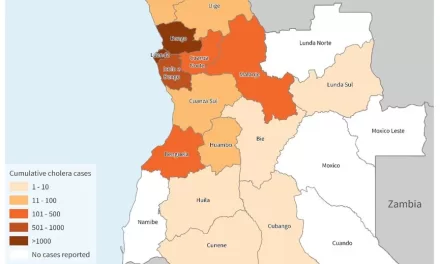In a groundbreaking study, researchers from Oregon Health & Science University (OHSU) have suggested a promising approach to developing a universal influenza vaccine, potentially offering lifetime immunity against evolving viruses to millions of people worldwide. Released on Friday, the study has generated significant excitement in the scientific community.
The research team tested a novel vaccine platform on non-human primates against the avian H5N1 influenza virus, using the 1918 flu virus as a template. The results were remarkable: six out of 11 vaccinated primates survived H5N1 exposure, while all unvaccinated primates succumbed to the virus. These findings, published in the journal Nature Communications, indicate a significant step forward in influenza vaccine development.
The innovative vaccine platform, already in clinical trials for HIV, works by inserting pieces of the target pathogen into the cytomegalovirus (CMV). This triggers a robust immune response from T cells, a crucial component of the body’s defense against infections.
“This could actually become a vaccine in five years or less,” stated Jonah Sacha, a doctoral candidate at OHSU. Unlike traditional vaccines that target the mutable surfaces of viruses, this new approach focuses on stable internal proteins, which are less likely to change over time.
“It worked because the interior protein of the virus was so well preserved,” Sacha explained. By targeting these conserved internal proteins, the CMV-based vaccine platform could potentially offer long-lasting immunity against various influenza virus variants.
Co-author Douglas Reed emphasized the importance of rapid validation and deployment of new vaccines in the event of a pandemic. The need for quick action and preparedness has been underscored by recent global health crises, making this research particularly timely.
Sacha envisions this development as part of a “massive sea change within our lifetimes” in how infectious diseases are addressed. The study’s promising results suggest that CMV-based vaccines could play a crucial role in providing long-lasting protection against a wide range of viruses, potentially transforming public health strategies worldwide.
As the research progresses, the scientific community eagerly anticipates further developments and clinical trials. If successful, this universal influenza vaccine could revolutionize how we combat seasonal and pandemic influenza, offering hope for a future where the threat of flu is significantly diminished.












